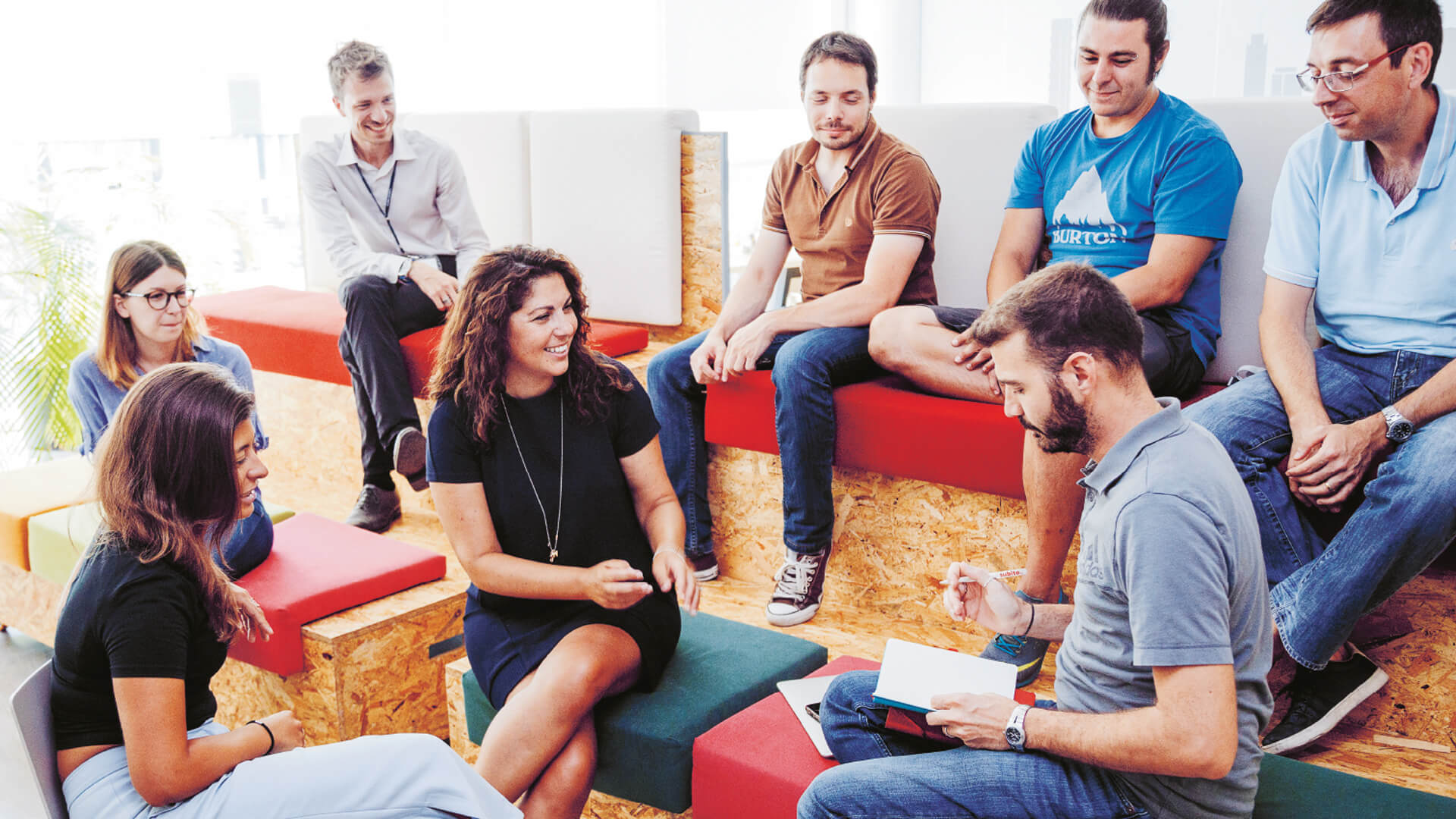
La dolce vita
Motivated and engaged employees are necessary for achieving success. To reach that, collaboration and empowerment are key factors within a company’s culture, says Melany Libraro, general manager at Schibsted Italy.
Italians love the “sweet life”– as Fellini testified in his well-known movie. But nowadays, in order to have a satisfying life, Italians need to experience “la dolce vita” during working hours, too.
Over the past years, Italian companies have tried to adapt to lifestyle changes by launching a variety of welfare initiatives. But they are still considered a “gift” to employees, rather than a substantial part of the employment reward.
A DEEP CULTURAL CHANGE
Due to fast growth in the number of employees, Schibsted in Italy has gone through a deep cultural change. To avoid negative repercussions the whole company has been actively involved in defining a shared welfare policy.
After identifying cultural and organisational inclinations, we focused on improving them in accordance with employees’ needs and wishes. Collaboration, flexibility, personalization and empowerment have been integrated within the company’s culture, through workshops on top leadership principles.
This led to the definition of some of the welfare activities:
- Smart working, company values chart (we are a team, we adapt quickly, we think customer first, we love a challenge)
- Dedicated services for personal wellness (organic fruit, yoga classes, pilates, massages)
- Coaching lessons (conferences, training sessions)
- Courses dedicated to parenting (workshop for new parents, coaching both for new mothers and for women managers)
- “Workplace Health Promotion” (an international network dedicated to the development of good practices for health at work).
IMMEDIATE EFFECT
The positive effects on the organisational culture have been almost immediate. This demonstrates the fact that a good welfare system, built on the actual needs of employees, makes them motivated and proud of being part of the company. In the first half of 2016 each employee has had only 6.5 hours of sick leave, an amount definitely in decline compared to the same period of 2015 when it was 16.5 hours. But more important – the employee net promoter score has increased from 29 percent in December 2014 to 56 percent in July 2016.
“La dolce vita” is part of the company business itself: success is only achieved through the collaboration of motivated employees. Drawing a shared welfare system has set the basis for a company culture built on mutual respect.
These changes are just the first steps of a bigger process that will introduce the concept of “Total Compensation”: a set of services and perks for the employees in addition to the mere salary. This will allow us to put welfare at the core of our organisational culture. This approach supports the growing need for talent retention. We don’t only compete in the classified space, but with the skill shortage in the digital space. We compete for talent, and differentiating ourselves from other recruiters becomes increasingly crucial.